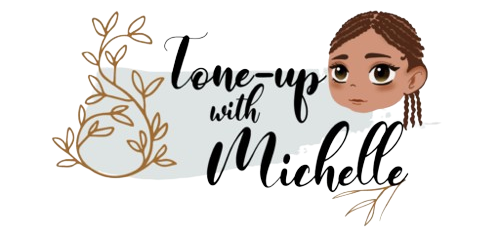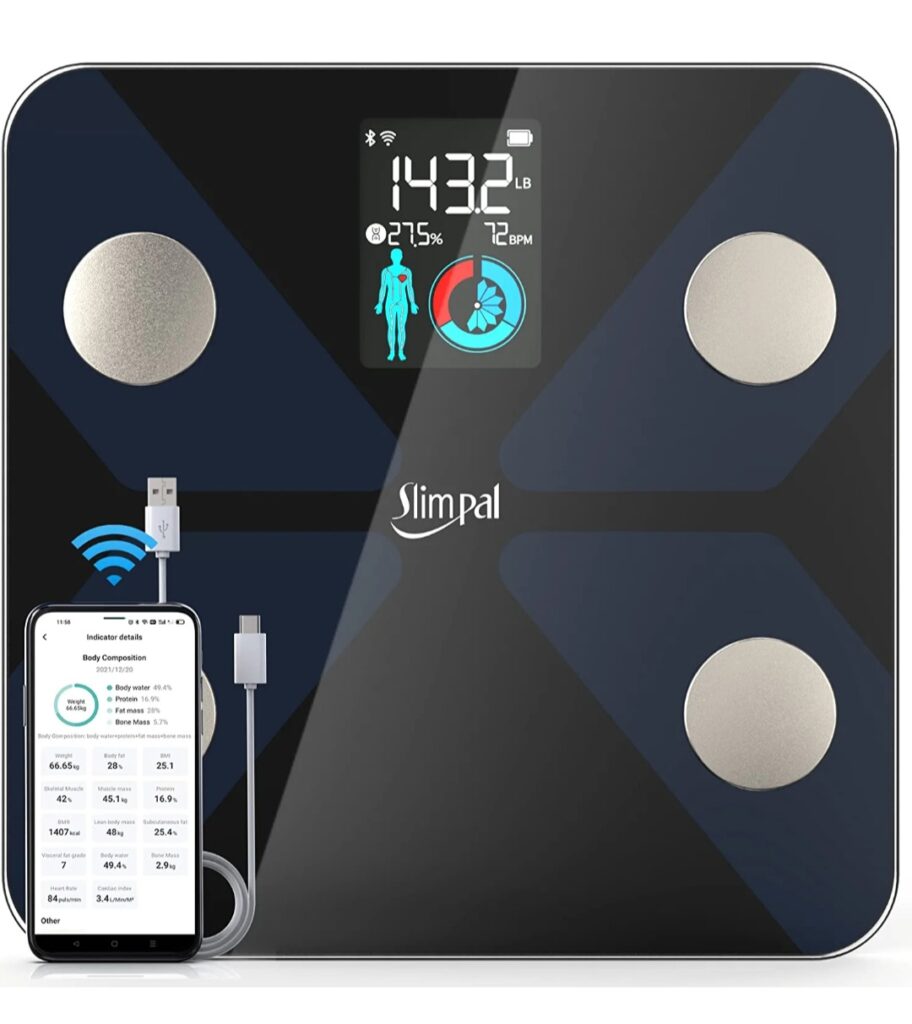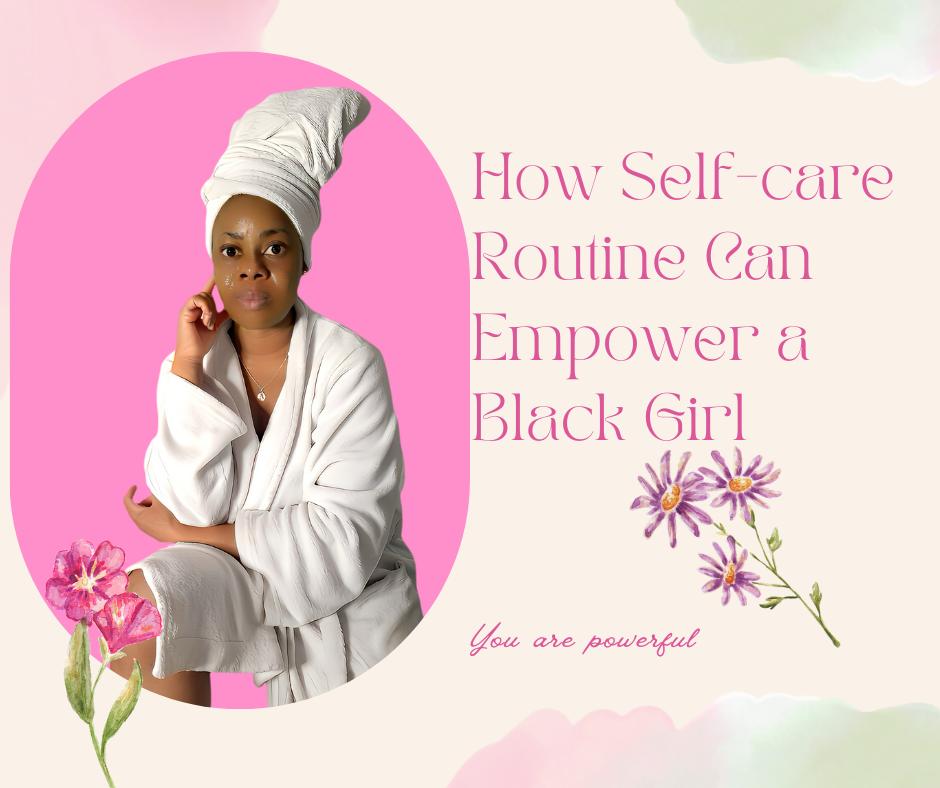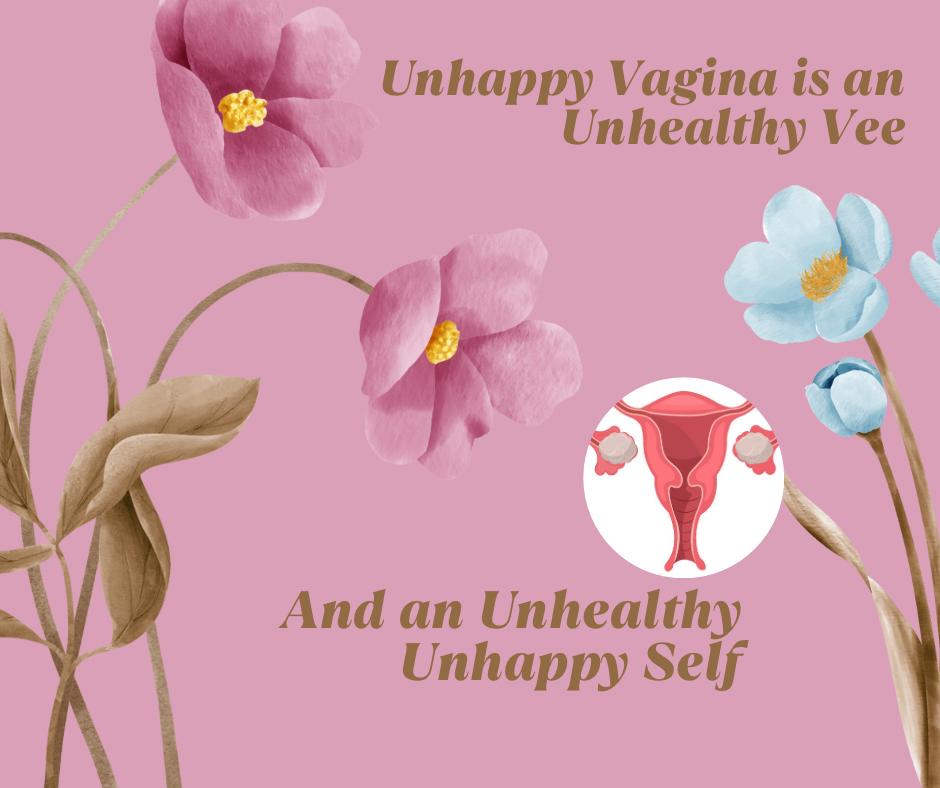A few years ago, I was caught up in the grip of obesity and on the brink of metabolic syndrome. I decided to take control and reinvent myself. I was not only seeking medicinal but also nutritional, traditional, and physical ways to get my life back. This approach has helped me become not just the person I am today writing this blog but also to take control of my health in my own hands.
When we get ill, it’s not just a particular part of our body that suffers. Every aspect of our being is affected, from pain and sadness to loss of social connections, hopelessness, fear of the unknown, and financial worries. To heal, we must address all these aspects of our lives. That’s why a holistic approach to health and healing is essential. In this article, I will take you on a journey to understand what a holistic approach to health and healing means and how you can help yourself or loved ones to gain control over their health and well-being.
What is a Holistic Approach to Health and Healing?
A holistic approach to health and healing is the only way to truly understand a person. It considers the totality of a person, not just individual symptoms or parts of the body. It encompasses the physical, mental, emotional, and spiritual aspects of a person. It brings together various aspects of health and well-being and aims to promote balance and harmony in all areas of life. You are a person, not your disease. You possess inner powers to help you on your healing journey. You will feel empowered, integrated, and whole when you approach your health and healing in a holistic manner.
Why We Need the Holistic Approach to Health and Healing:
Treating the Root Cause
Instead of just addressing symptoms, holistic healing seeks to identify and address the underlying root causes of illness or imbalance. This may involve factors such as lifestyle, diet, stress, emotional trauma, environmental influences, and spiritual well-being. Finding and understanding the root cause of a particular illness will help us to get involved in the healing and treatment and also trust the process.
Personalized Care
Holistic healing recognizes that each person is unique. It focuses on individualized care tailored to a person’s specific needs, preferences, and circumstances. We are all the same biological beings, but we differ from one another in so many aspects. Some people can react well to some therapies while others cannot. This requires getting to know the individual and his preferences to better work out a medical and nutritional plan that best suits the person. This may involve a combination of conventional and complementary therapies, each one customized to address the whole person.
Mind-Body Connection
Science has proven the connection between body and mind, one of those examples is how our gut health influences our emotions. Holistic healing acknowledges the intricate connection between the mind and body, understanding that mental, emotional, and spiritual factors can profoundly influence physical health and vice versa. Practices such as meditation, mindfulness, movement, and relaxation techniques are often incorporated to promote mental and emotional well-being.
Promoting Self-Healing
Nothing promotes healing as when a person understands his illness and accepts the circumstances while trying to get healed. Holistic healing empowers individuals to take an active role in their health and healing process. It encourages self-awareness through health information, self-care practices, and lifestyle changes which promotes the body’s natural ability to heal and maintain balance.
Complementary Therapies
What we eat, how much we move, how we live, and our attitude to life all play a role in our well-being. Holistic healing is a wide-ranging approach that goes beyond conventional medicine, encompassing a variety of therapeutic modalities such as acupuncture, herbal medicine, massage therapy, chiropractic care, energy healing, and physical and nutritional counseling. These complementary therapies are used in conjunction with conventional treatments to support total healing.
Primary Care and Disease Prevention
Holistic healing is the best way to maintain your health and prevent illness. It involves taking control of your health, making informed decisions about your lifestyle, and getting regular screenings, immunization, and early detection of risk factors. If you are genetically or metabolically at risk, a holistic health lifestyle can help you minimize your risk or make you go through your illness with less severity.
Cultural Sensitivity and Inclusivity
Holistic healing is culturally diverse and recognizes that healing practices may vary across different cultures and traditions. It embraces inclusive and culturally sensitive approaches that honor each individual’s beliefs, values, and cultural background. People from different cultures and backgrounds have different ways of reacting to illness and healing, therefore an inclusive intercultural approach can help a person feel incorporated in the healing and treatment process.
Restoring balance and harmony to the whole person is the most effective way of promoting optimal health and well-being on physical, mental, emotional, and spiritual levels. This approach involves the totality of the person and encourages an integrated and multidimensional approach to health care, which honors the interconnectedness of all aspects of life.



